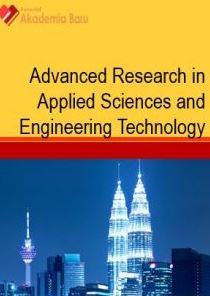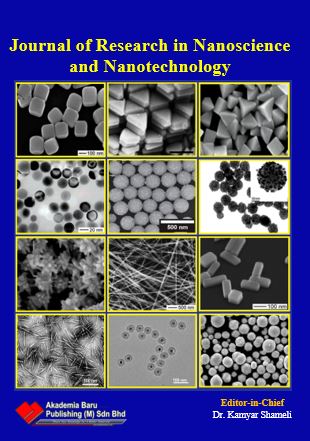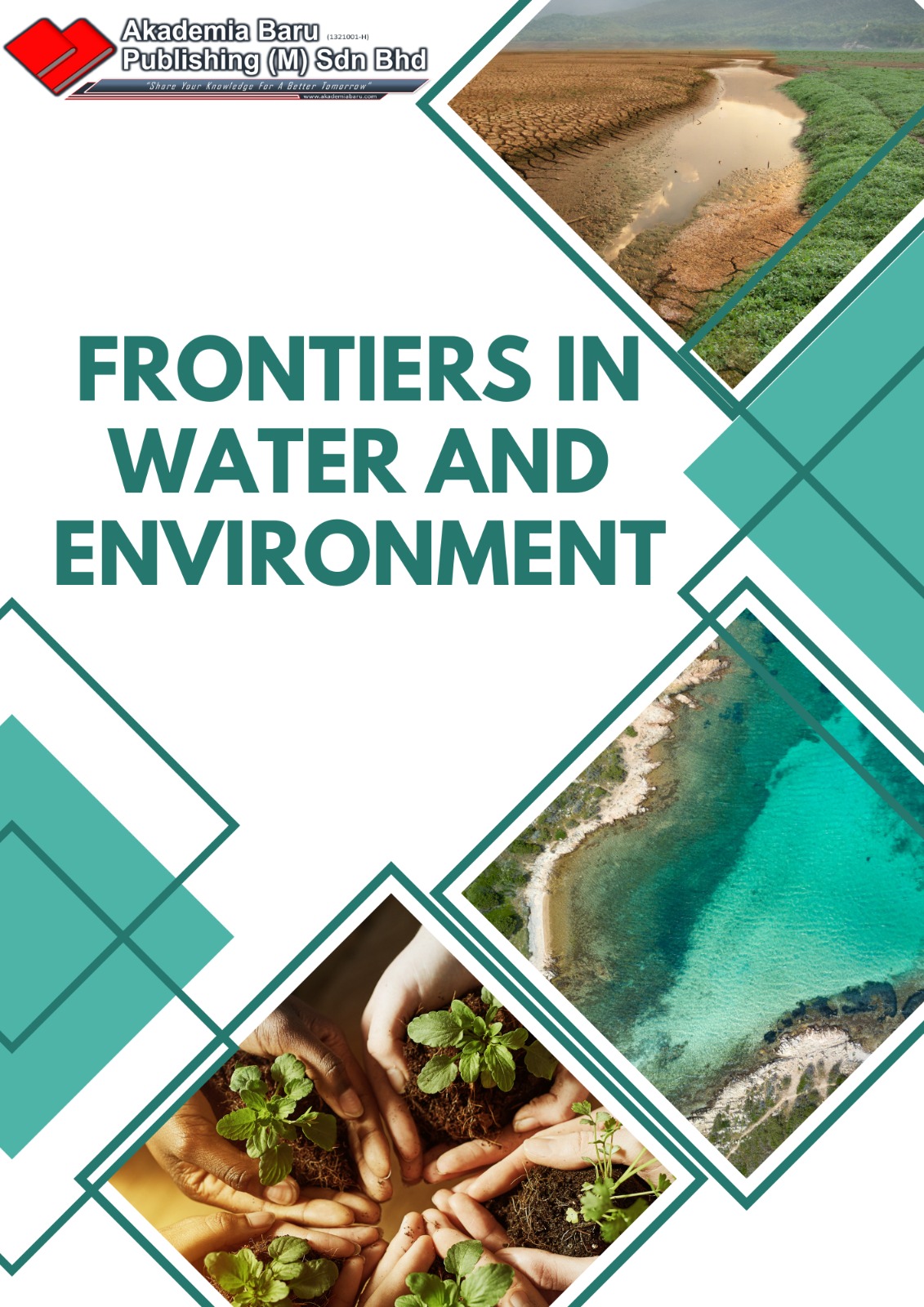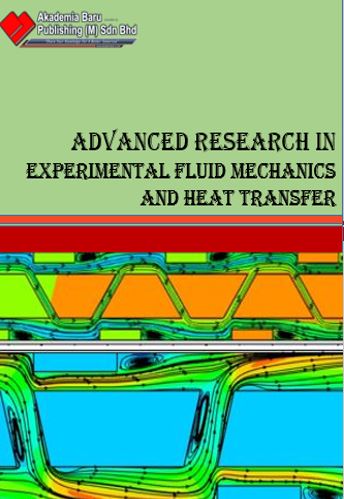Experimental Study on The Performance of Trans-Critical Carbon Dioxide Refrigeration System Using Porous Evaporator
Keywords:
carbon dioxide, refrigeration system, trans-critical, evaporation, porous mediaAbstract
An experimental study on the performance of trans-critical carbon dioxide refrigeration system is conducted when using porous evaporator for different evaporation temperatures, ranging from (-2°C to 8°C), different gas cooler outlet temperatures ranging from (38°C to 49°C) and different porosities (empty tube (porosity = 100%)), 45%, 41% and 38% porous tube). Variations of refrigeration capacity with gas cooler outlet temperatures for different evaporator porosities were studied. Coefficient of performance as a function of gas cooler outlet temperature, gas cooler outlet pressure and evaporation temperature were investigated for different evaporator porosities. Pressure drop in porous evaporator as a function of evaporation temperature for different porosities is studied. Effects of evaporation temperature and evaporator porosity on power consumption per ton of refrigeration were also, studied. An average increase of about 40% and 64% in refrigeration capacity and COP were predicted, respectively, when decreasing gas cooler out let temperature from 49°C to 38°C and using evaporator with 38% porosity. Coefficient of performance of CO2 transcritical refrigeration system increases with increasing gas cooler pressure up to an optimum value and then it decreases at large values of gas cooler pressures. Power consumption per ton of refrigeration (PCTR) reached minimum values at low evaporation temperatures and low evaporator porosities with an average percentage decrease of about 38%. An increase of pressure drop was also, recorded during the evaporation process when evaporation temperature increased, and evaporator porosity decreased.





